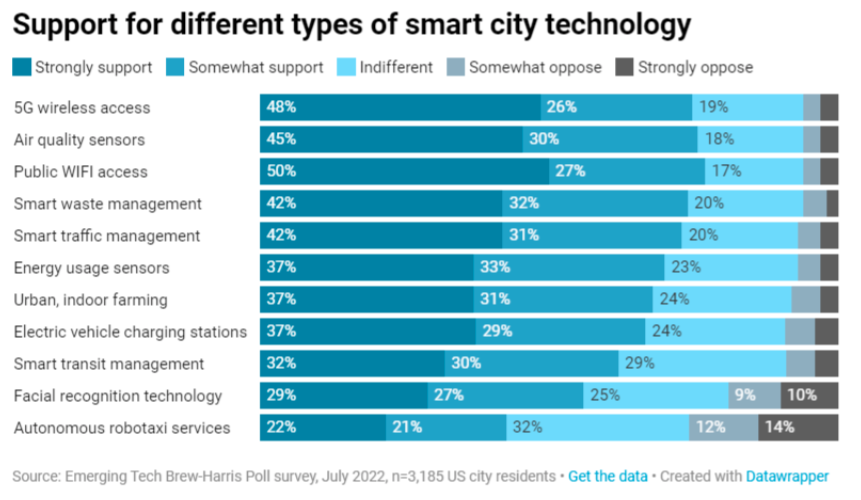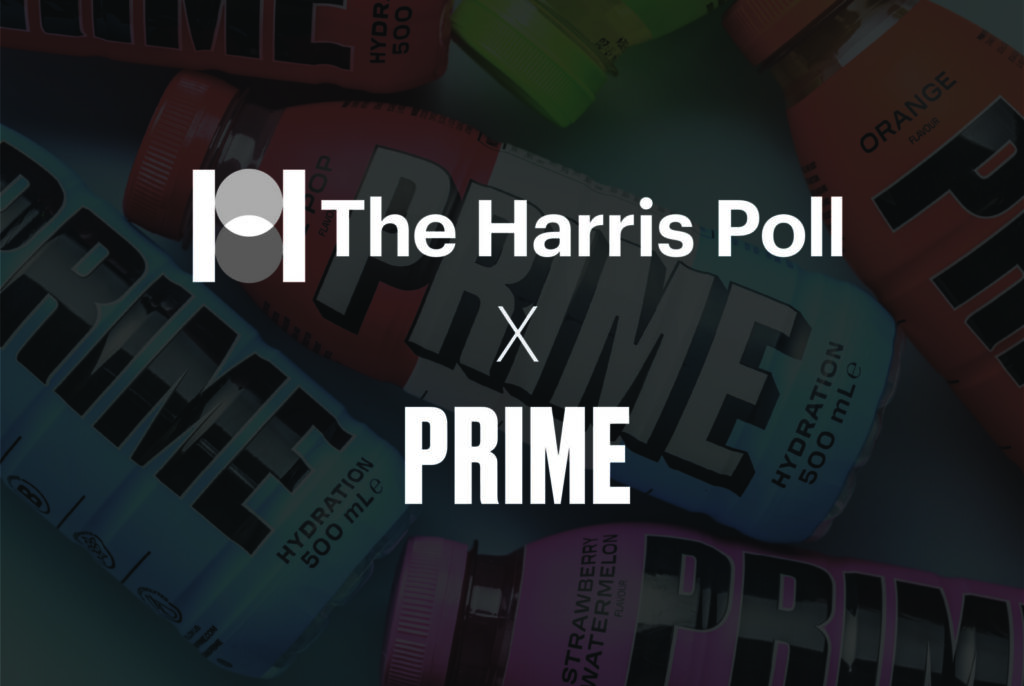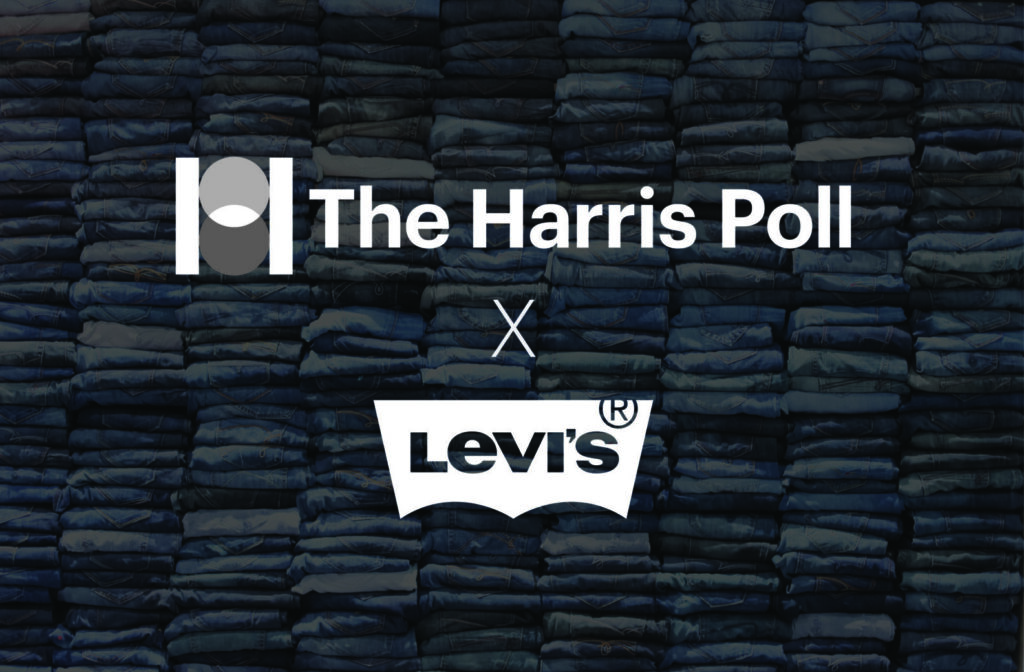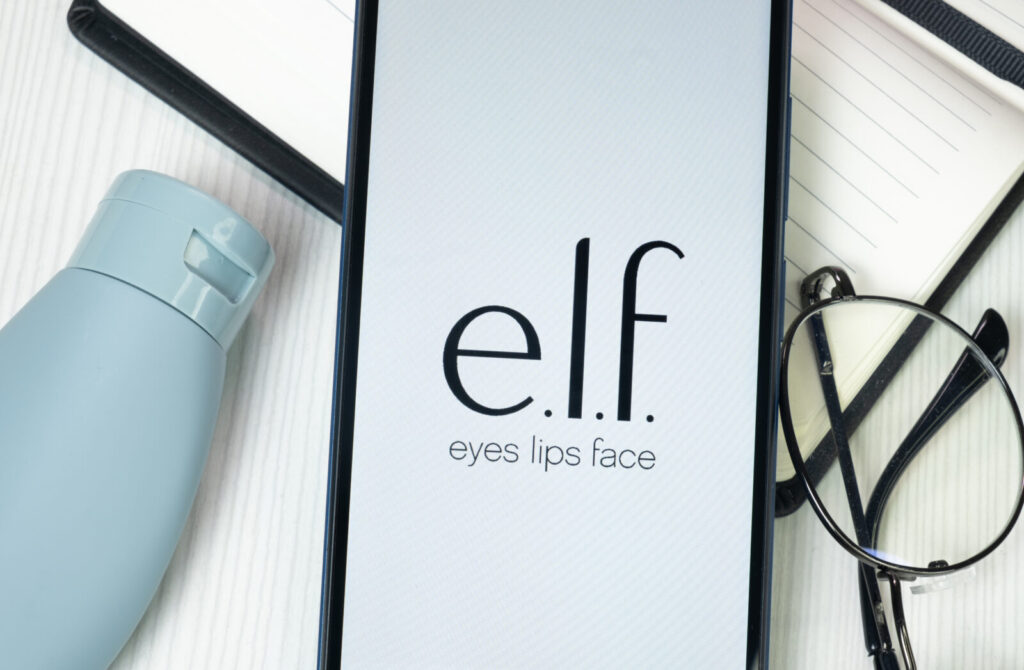Brief • 5 min Read
The latest trends in culture and society from The Harris Poll
As of this posting, the outcome of congressional control remains uncertain. But over the weekend, Americans told us they hold little illusion much will change for the better anytime soon. In our America This Week survey fielded November 4th to 6th, 2022, among 2,007 U.S. adults, three-quarters worry about political divisiveness. And on key midterm issues, Republicans are slightly more concerned about the economy/inflation (92%) and crime (91%) vs. Democrats (89% and 83%, respectively). But Democrats are more worried about Ukraine (79%) and new COVID variants (75%) v. Republicans (67%, 47%).
Here’s what else you need to know this week:
- With Bloomberg, many job seekers regret not starting earlier when the economy was brighter.
- Then with USA Today, The Hill, and WSJ, we ask what Twitter users are thinking about Musk’s future impact on freedom of speech (and if they’ll accept a paywall).
- Also, our CEO John Gerzema and CSO Libby Rodney gave a talk at the Forbes 2022 CMO Summit on the underlying values and needs driving everything from the Metaverse to Quiet Quitting.
- Lastly, we examine urban residents’ awareness and usage of smart city tech with Emerging Tech Brew.
To hear about these stories and more, check out our America This Week: From The Harris Poll podcast on Spotify and Apple Podcasts, where our CEO John Gerzema and CSO Libby Rodney dive into the numbers. For any polling ideas, reach out to [email protected].
Lastly, check out the America This Week monthly summary slide deck and tabs for more insights into inflation and the state of America. Download the latest report here.
Job Switching FOMO: Bloomberg-Harris Poll
In a new Harris Poll study with Bloomberg, American job seekers regret not starting their job searches sooner as layoffs and freezes in tech threaten to spill out into other sectors.
- More than 7 in 10 (71%) of those looking to switch jobs say the job search is more complicated than anticipated.
- Close to two-thirds (63%) say they’ve searched for a new job for over six months, and nearly half (48%) report applying to more than fifty positions.
- Frustration mounts as nearly three-quarters (72%) of job seekers say that companies are acting like they don’t want to hire anyone (e.g., ignoring applications, failing to schedule interviews, etc.).
- This leaves two-thirds (66%) to say they regret not starting the search sooner, while (63%) believe it would have been easier to switch jobs a year or two ago.
- They’ll take anything: Half (51%) of job seekers agree that, at this point, they would take any job offer.
Takeaway: “As the Federal Reserve raises interest rates to combat inflation, the U.S. economy is showing mixed signals. Businesses reported strong hiring and wage increases last month, but unemployment is ticking higher, and firms including Twitter Inc., Intel Corp., and Lyft Inc. are cutting staff. For those on the ground, the current economic conditions are surprisingly challenging – a big change from last year when workers had all the leverage” (Bloomberg).
Cheering (and Jeering) Musk’s Takeover: USA Today-Harris Poll, The Hill, and WSJ
In light of Elon Musk’s Twitter takeover, we find both critics and fans, something advertisers need to keep in mind as they consider pausing spending on the platform. Something companies may need to keep in mind as they consider marketing pauses. In a new Harris Poll with USA Today and also covered in The Hill and the Wall Street Journal, we delve into both sides of the debate.
- First, the critics start with female Twitter users, who are less likely to support Musk’s ownership (63% v. men: 70%). Gen Z users are also more likely to believe Musk will hurt Twitter’s product quality (53%), freedom of the press (44%), and free speech on the internet (37%) compared to older users.
- And both women and Gen Z users are less willing to pay a monthly subscription compared to men (28% v. 44%) and Millennials (35% v. 53%).
- However, there are also fans of Musk’s takeover: Two-thirds (67%) of Twitter users support Musk owning Twitter, especially Republicans (79%), parents with minor children (74%), urban residents (72%), men (70%), and Millennials (70%).
- Additionally, Twitter users believe Musk will positively impact increasing free speech on the internet (70%) and freedom of the press (65%).
- And while over 8 in 10 (84%) Americans find free speech on social media important, the majority of Republicans (57%), men (56%), rural (55%), and white Americans (53%) find it “very important.”
- Lastly, more of these frequent Twitter users, such as Republicans (42% v. Dems 32%), Millennials (40% v. Gen Z: 26%), Men (36% v. Women: 26%), and Black Americans (36% v. White: 32%) say they’ll now spend more time on the platform that Musk owns it (v. all Twitter users: 31%).
Takeaway: While a paywall looks challenging (in people’s stated opinions), when we look at the Twitter advertising pause, it’s important to listen to both narratives. Despite critics, many Twitter users are excited about Musk’s ownership and the prospects of greater freedom of speech. As a result, the overall profile might move to more male, older, and slightly more conservative. But whether brand safety (bots, trolling, misinformation) assures advertisers is another story.
Not What You Think: Forbes CMO Summit
Harris Poll CEO John Gerzema and CSO Libby Rodney were in Miami to give a talk the 2022 Forbes CMO Summit on how human values and needs are what matters when you look at trends like quiet quitting, cryptocurrencies and social media. (Here’s a link to the video)
- Three-quarters (76%) of business leaders believe that changing generational values will impact their business operations in the coming year. Yet, these same leaders paid less attention to NFTs, cryptocurrencies, and the metaverse despite these movements garnering greater interest among younger Americans.
- TikTok’s undercover learning: (81%) of Gen Z and Millennials think ongoing education is core to their ability for financial stability, which points to TikTok as a driver of information: “TikTok is an undercover learning channel” with over 6 in 10 (63%) Gen Z users regularly visiting the app to learn something.
- Making money in the metaverse: Three-quarters (73%) of Millennials think the metaverse will provide lucrative career paths and money-making opportunities – and as a result, companies are investing in metaverse expansions and research.
- Web3 is about access and ownership: (87%) of Americans want increased control of personal data, decentralized social media platforms (77%), and an open web free from walled gardens (77%) in the next iteration of the internet.
Takeaway: “It’s important to understand what these generational values are,” said Harris CSO Libby Rodney. Values drive how leaders operate – and thus their marketing strategies. Catch up on the full discussion here.
Cities Get Smart: Emerging Tech Brew-Harris Poll
In partnership with Emerging Tech Brew, we asked what the average city resident thinks about intelligent city tech. We found that most (87%) of city residents found it essential for their city to invest in emerging technologies – but not every resident supports each initiative equally.
- Most intelligent city technologies had solid support from city residents – except for autonomous robotaxi services, with less than half in support (42%):

- Overall, Gen Z and Millennial city residents reported being more aware of smart city tech, as well as much more likely to use the tech weekly compared to older residents (Gen Z: 44%, Millennials: 51% v. Gen X: 37%, Boomers: 16%).
- When it comes to smart city preferences, city size seems to play a role: Those in cities with metro areas of under 1 million tend to view such tech as less critical than their larger-city counterparts, and they were also less engaged with or aware of smart city tech in their cities.
- Perhaps unsurprisingly, smaller-city residents were also less likely to view their cities as particularly innovative, with just (16%) saying they find their city very innovative, compared to (43%) for larger cities.
Takeaway: “These days, a smart city professional is more likely to talk your ear off not about cutting-edge technology but something much more analog: the average city resident’s wants and needs. That’s because some experts say there’s been a shift in posture recently from flashy to functional. Gone are the days when would-be smart cities dream only of electric sheep, the new conventional wisdom goes” (Emerging Tech Brew).
Subscribe for more Insights
Subscribe to our newsletter for the latest trends in business, politics, culture, and more.
Download the Data
This survey was conducted online within the U.S. by The Harris Poll from November 4th to November 6th, among a nationally representative sample of 2,007 U.S. adults.
Download
Subscribe for more Insights
Subscribe to our newsletter for the latest trends in business, politics, culture, and more.
Download the Data
This survey was conducted online within the U.S. by The Harris Poll from November 4th to November 6th, among a nationally representative sample of 2,007 U.S. adults.
DownloadRelated Content








